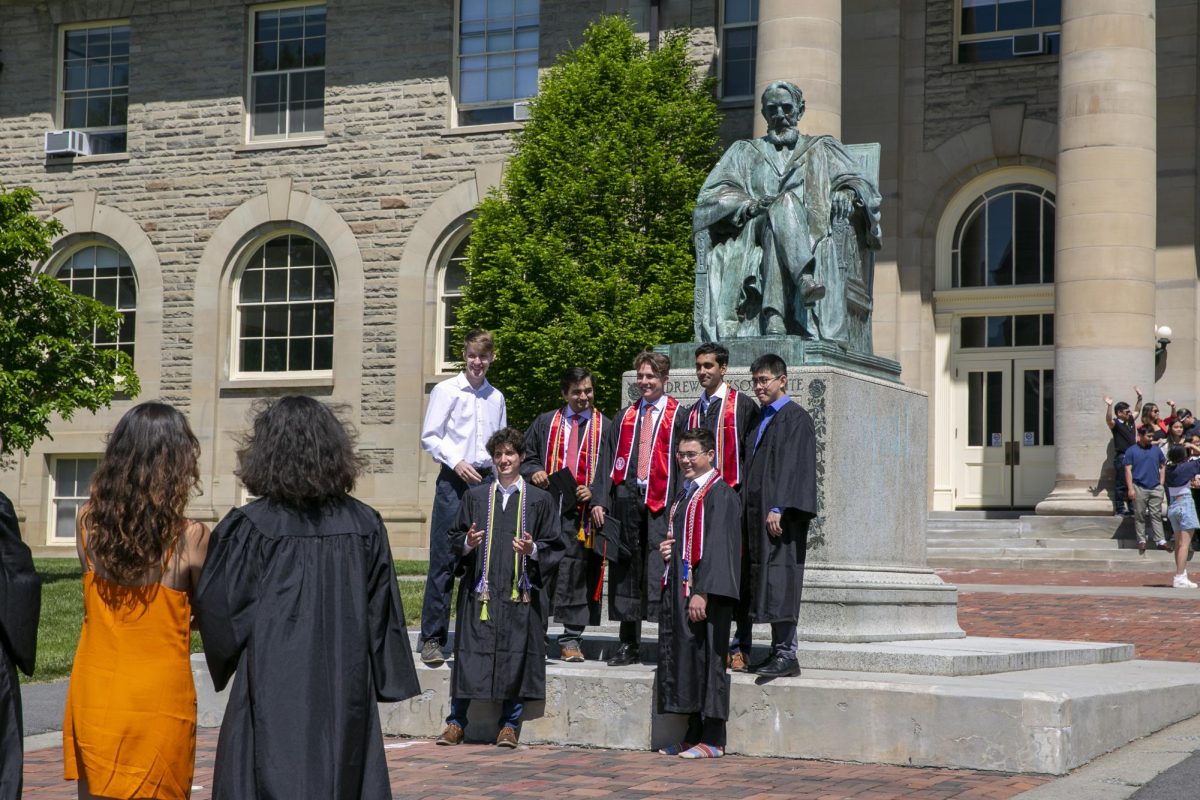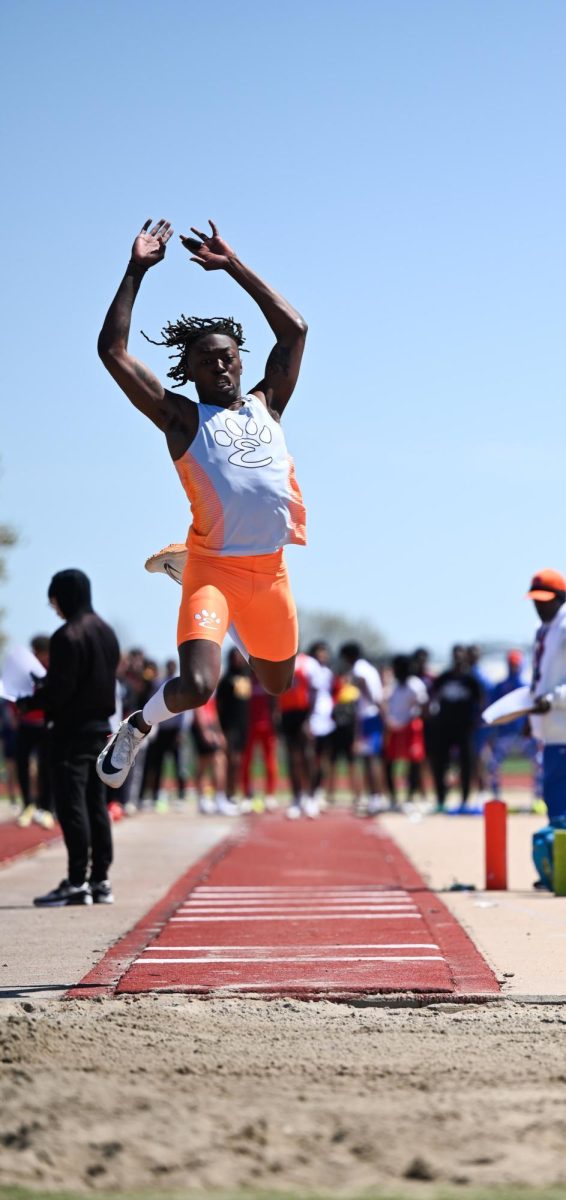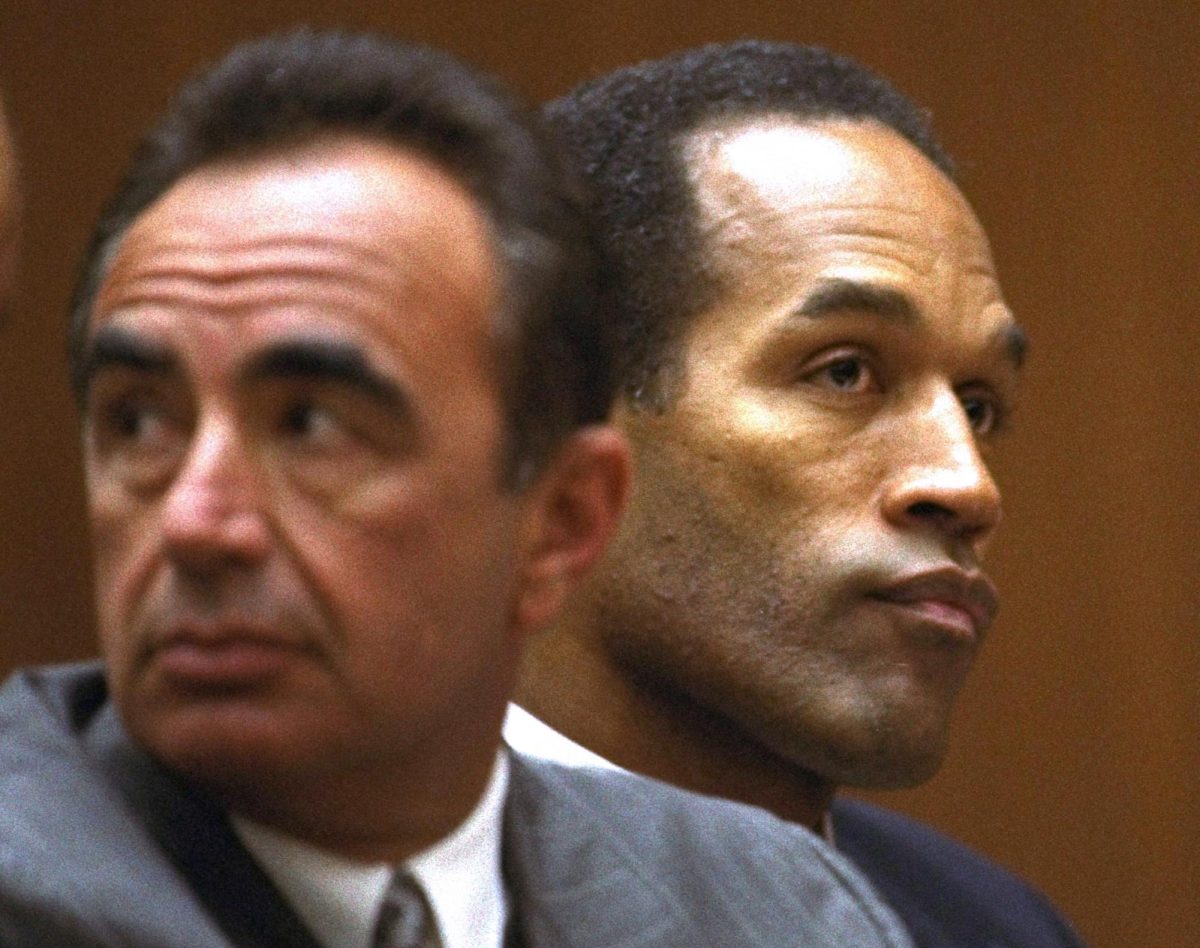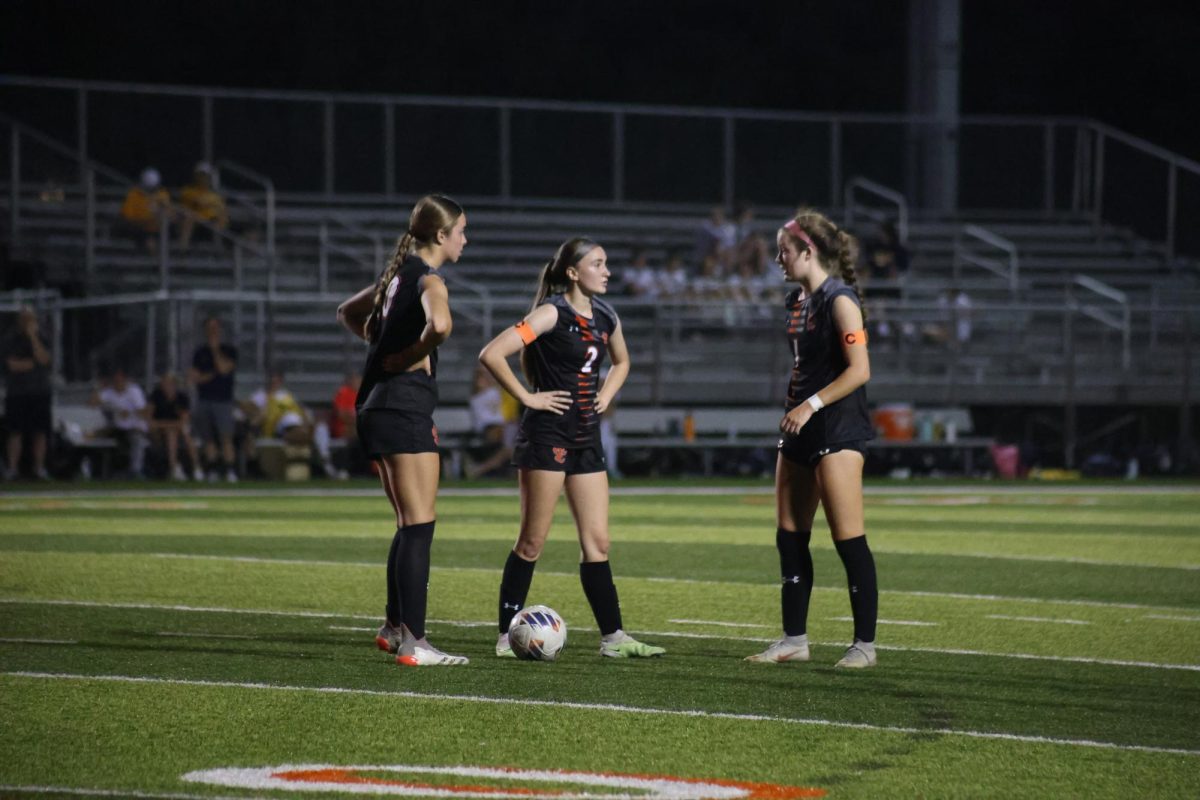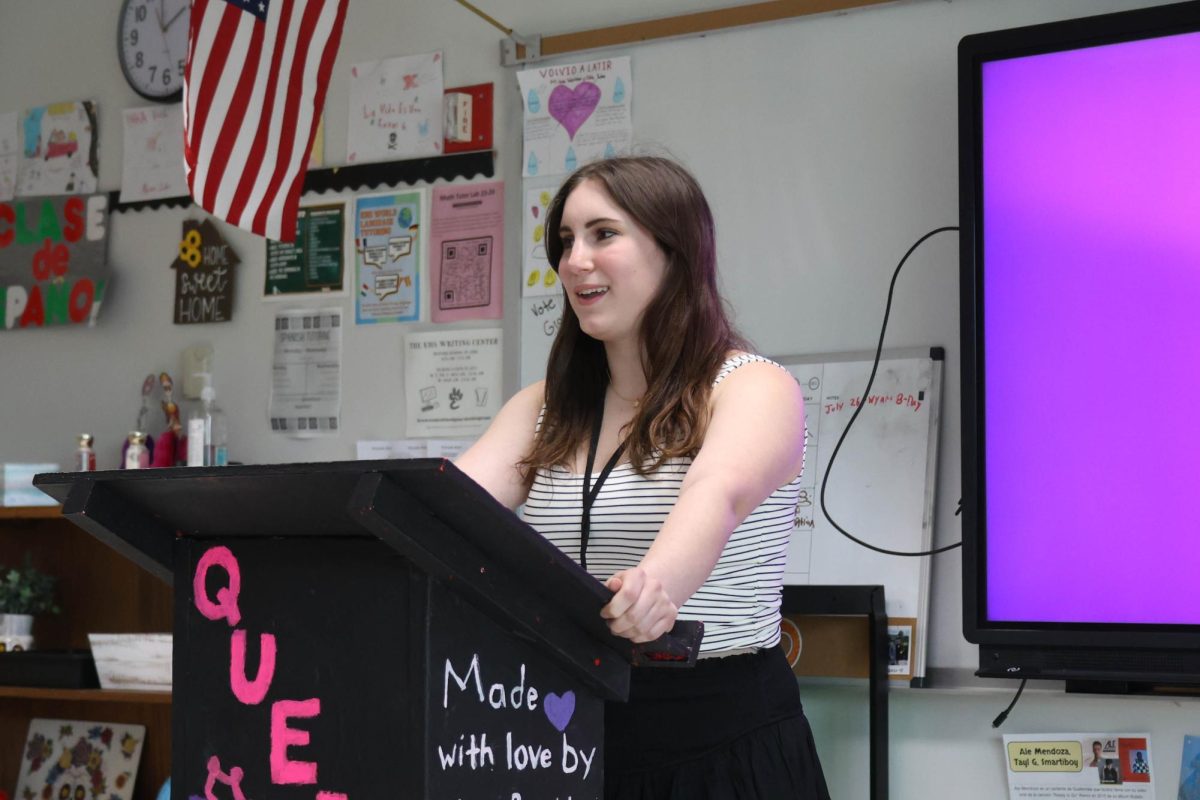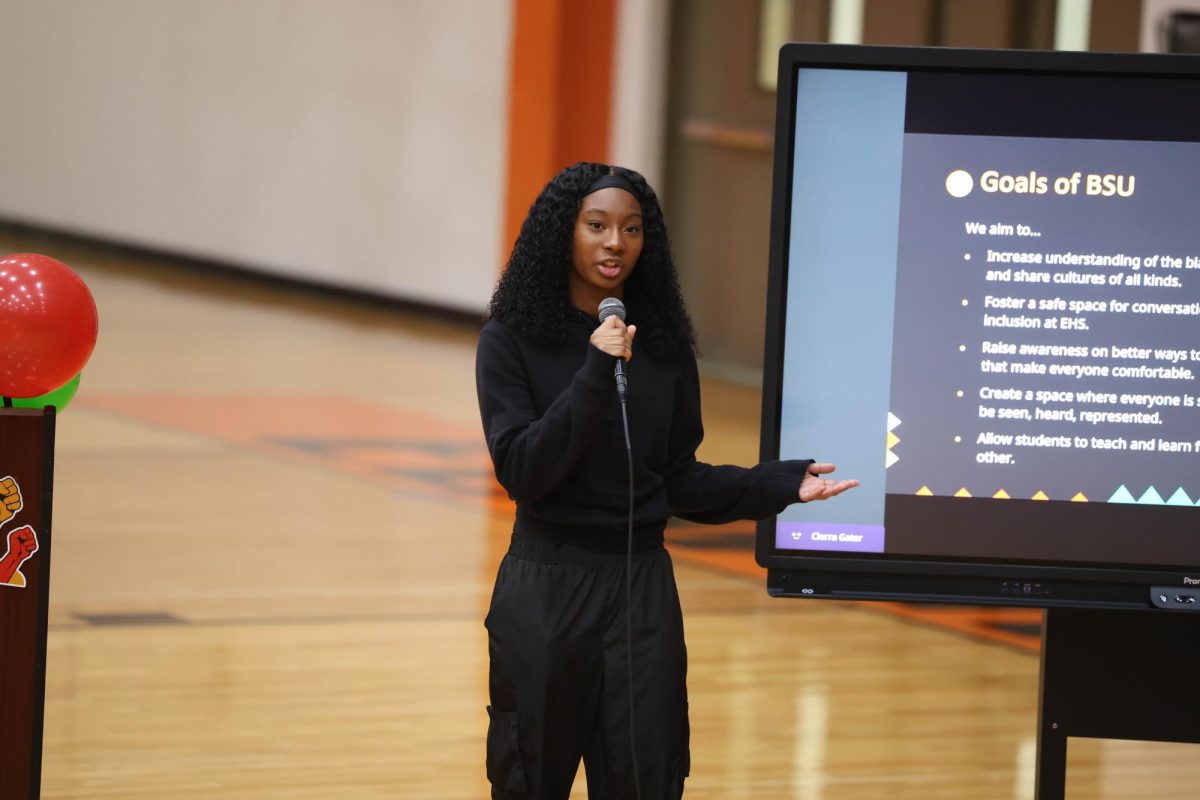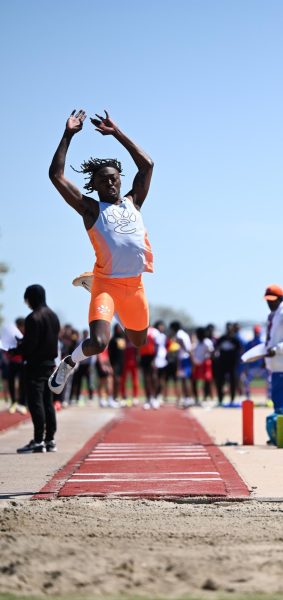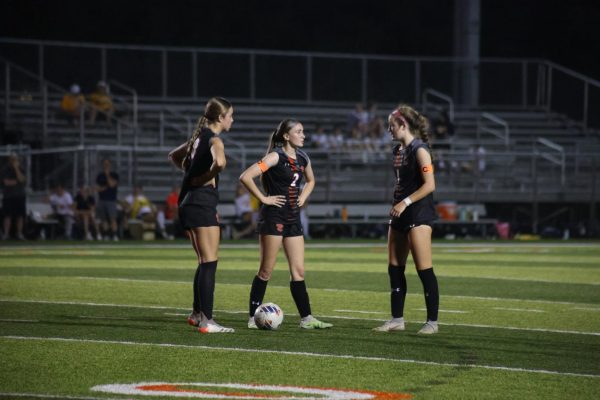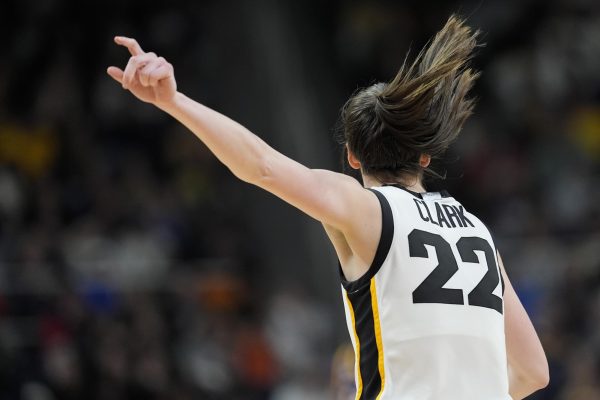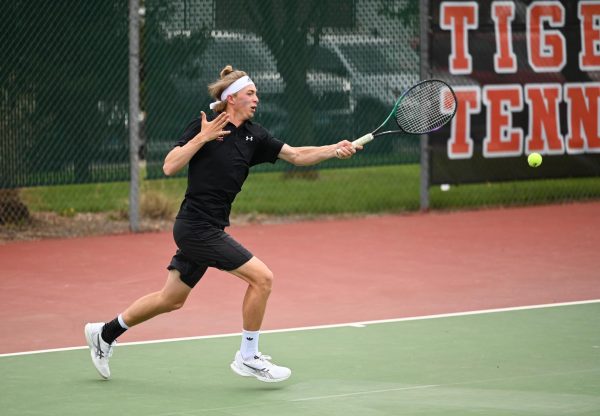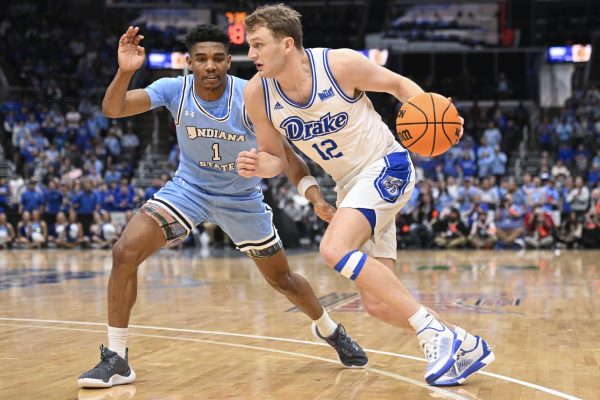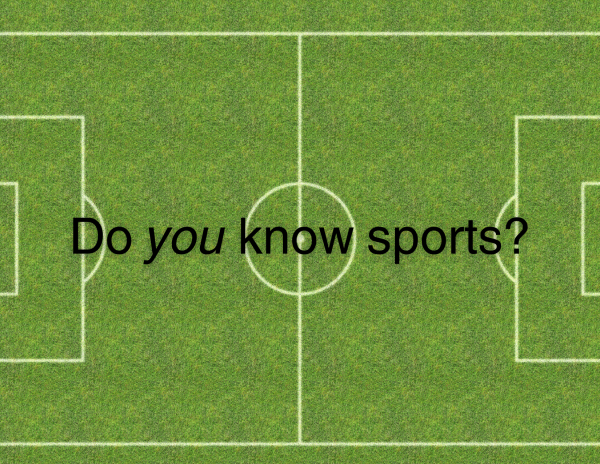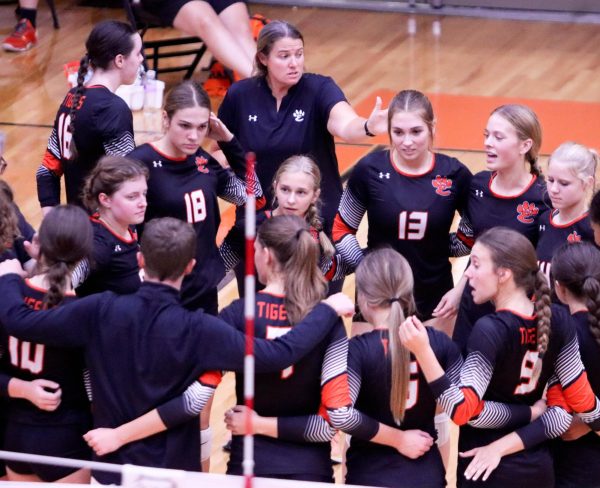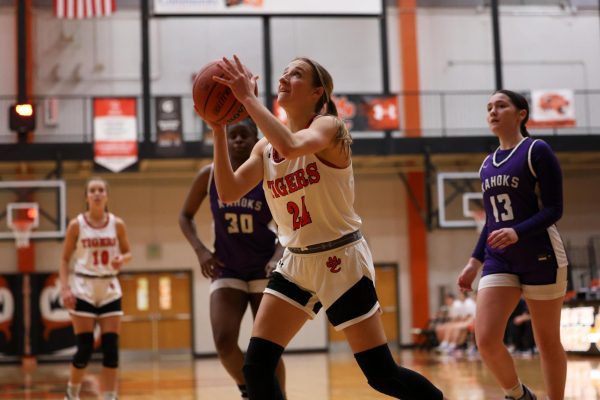EHS Golf Aids Special Olympics
September 1, 2016
Impaired muscle power, limb deficiency and visual impairment. These are a few of the qualifications that can land an athlete in the Paralympics.
With the 2016 Rio Olympics ending, another major competition is about to begin. The 2016 Paralympic games, also in Rio, give athletes with physical impairments the ability to compete at a professional level.
The International Paralympic Committee (IPC) was founded in Germany in 1989 “to enable Para athletes to achieve sporting excellence and inspire and excite the world.” As great as the idea behind the Paralympics is, it tends to leave out those with mental disabilities.
That is where the Special Olympics comes in. According to the Special Olympics official website, the first competition was held in Chicago on July 20, 1968.
The non-profit organization was founded by Eunice Kennedy Shriver when she noticed that people with intellectual disabilities were treated unfairly by the general public.
Kennedy started a summer camp in her backyard that focused on disabled children and their performance in sports. She eventually became a heavy influence toward justice for people with intellectual impairments.
Today, the Special Olympics provides year-round competition for nearly 5 million athletes worldwide. One such competition, a golf tournament, was held at Oak Brook Golf Club last August.
The tournament needed volunteers, and the EHS golf co-head coaches Doug Wright and Adam Tyler jumped on the opportunity. Ten members of the boys golf team, as well as one girl, volunteered to work the tournament.
“Coach Tyler and I both agreed that we needed to be doing more community service and more community service projects, and we thought this was a very worthwhile project to take on,” Wright said.
Coach Tyler was out of town during the tournament and could not attend, but Coach Wright made sure he had players show up. Spencer Patterson was one of those players.
He volunteered because he felt good about helping others who may be less privileged than he. “We helped set up signs and other tasks of that nature,” Patterson said.
Once the tournament started, each team member was assigned to two golfers. They kept score and assisted with ruling where each ball went.
“They [the Special Olympics] have trouble getting enough people that know the rules of golf to keep score for those players,” Wright said.
Unlike Olympic golf, which was taken out in 1904 and has just recently returned to the stage, Special Olympic golf has been around every year since 1995.
Wright has volunteered at other tournaments similar to this before.
“I see the benefits in a great way and the happiness on the players faces,” Wright said. “It’s a great thing to do whether it be golf or something else: It’s a great thing to be a part of.”
Contradictory to his coach, Patterson had never volunteered at a Special Olympics venue.
“Golf is just a game and everyone can enjoy it so we don’t have to take it so hard every time,” he said. “The most memorable part was getting to see others enjoy a sport that we take for granted every day.”



